
From False Visa Promises to Drug Controversies, Tinubu Keeps Demarketing Nigeria on the Global Stage
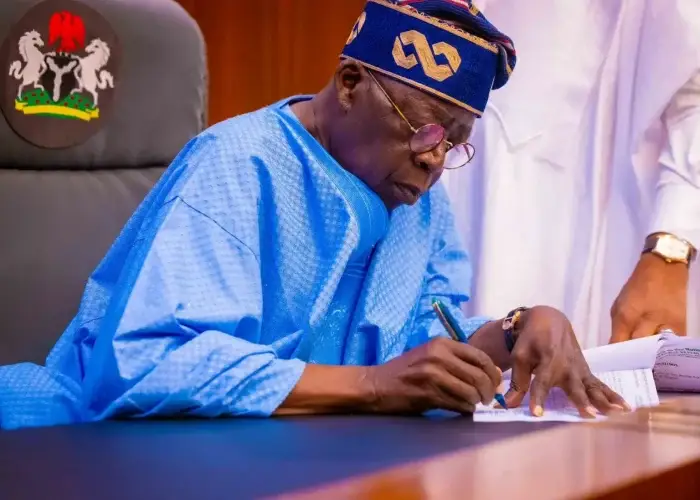
The credibility of President Bola Tinubu’s government has plunged into crisis, both at home and abroad, as a pattern of debunked official claims, persistent questions over his 1993 drug forfeiture case, his biography and evidence of ethnic favouritism combine to isolate Nigeria diplomatically. The administration’s focus on propaganda and ethnocentric policies is not only jeopardising domestic stability but is actively “demarketing” Nigeria on the global stage, turning the country’s leadership into an international liability.
The government has embraced deliberate propaganda, half-truths, and shifting narratives to manage public perception. This approach has repeatedly backfired, as foreign governments and institutions have publicly denied or contradicted official Nigerian claims. A prominent example is the recent cancellation of the Japan International Cooperation Agency (JICA) Africa Hometown initiative after Tinubu’s foreign affairs information director falsely claimed that Tokyo was creating a “special visa category” for Nigerians seeking to relocate to Japan.
Both the Japanese Foreign Ministry and JICA denied these claims, stating that there were “no plans to take measures to promote the acceptance of immigrants or issue special visas,” which led JICA to withdraw the entire initiative.
Similar credibility issues arose concerning the United Arab Emirates (UAE). The UAE authorities countered official statements that the UAE had lifted its visa ban on Nigerians. Furthermore, announced visa conditions, including a requirement for a $10,000 minimum account balance and a non-refundable ₦640,000 fee for a document verification number, were denied by UAE authorities, who confirmed their standard visa fees remain between ₦60,000 and ₦90,000. Other international claims, such as assertions that Tinubu would meet U.S. President Joe Biden or that he was the first African President to ring the NASDAQ bell, have also been debunked.
Meanwhile, Tinubu’s unresolved drug-related controversies from the 1990s continue to resurface, fueling negative international perception. Tinubu previously forfeited $460,000 to U.S. authorities in 1993, with court records linking the funds to proceeds from heroin trafficking. This issue was recently amplified by a U.S. FOIA lawsuit, where transparency advocate Aaron Greenspan accused the FBI and DEA of playing politics by deliberately delaying the release of unredacted drug files as a political favour.
Adding to the controversy, President Tinubu intervened in the FOIA lawsuit in September 2025, requesting that the U.S. District Court block the unredacted release of his FBI and DEA records, arguing for their concealment on the grounds of privacy. The timing of a potential $346 million U.S. arms sale to Nigeria has led many to speculate whether the suppression of the Tinubu files is being leveraged by the U.S. administration, described as notoriously transactional, to extract financial or strategic concessions.
In July 2025, the arrest of Ajetsibogho Emami, the brother of a close associate of President Tinubu, in connection with a 414-kilogram drug seizure in Lagos, further reignited questions about the company the President keeps.
The Tinubu administration is also accused of ethnic favouritism and implementing policies that are deepening tribal divisions, leading to concerns about a potential civil war. Since assuming office, Tinubu has been criticised for concentrating power and key government positions in the hands of individuals from his Yoruba ethnic group or political loyalists from the South-West. The current normalisation of ethnocentric governance risks weakening national unity and increasing ethnic militancy. Furthermore, the 2023 elections in Lagos were characterised by anti-Igbo sentiment, Igbophobia, where Igbo people were reportedly identified, beaten, and warned not to vote, with threats issued by party thugs.
Beyond policy and diplomatic mishaps, the President’s personal credibility remains severely questioned due to alleged inconsistencies in his history. Tinubu’s alleged fudging or outright forgery of key aspects of his biography, including his name, age, and educational claims. He has long claimed to be a graduate of Chicago State University (CSU), a credential that helped bolster his political image. However, his initial claim was to attend the University of Chicago. When a political rival, Atiku Abubakar, utilised the U.S. court system in Chicago to retrieve the President’s records from CSU, an opportunity arose for Tinubu to silence critics. Instead of seizing the chance to prove his claims, Tinubu told the court that releasing the documents would cause him “irreparable harm in Nigeria” and requested the court not to release them.
Following a U.S. court order in 2023, CSU released records that reportedly confirmed discrepancies in Tinubu’s name, gender, and credentials. Furthermore, legal efforts to verify his records revealed a female graduate with the same name. The controversy was amplified when President Tinubu publicly introduced Belarusian businessman Alexander Zingman as his former classmate at Chicago State University. Records contradict this assertion, indicating that Zingman attended the University of Illinois at Chicago, not CSU. The claim is physically impossible, as Zingman was born in 1966 and would have been only 13 years old when Tinubu claimed to have graduated from CSU in 1979. Opposition figures continue to criticise the administration for promoting narratives disconnected from the economic realities of Nigerians, and deliberately obscuring reality and distracting from pressing economic and social challenges.
For many Nigerians, these missteps are not isolated. They represent a broader pattern of misinformation, patronage-driven politics, and questionable alliances. The concerns raise questions not only about Tinubu’s leadership but also about Nigeria’s ability to navigate an increasingly unstable domestic and international landscape under his administration.
Read More:
- Niger to Construct Two 2,000-Megawatt Nuclear Reactors With Russia’s Rosatom
- The Business of Poverty Where International Aid Becomes a Smokescreen For The Looting of Africa
About The Author
Related Articles
Tinubu Follows Gumi’s Lead as Nigeria Signs Turkey Defence Deal, Fueling Speculation Over Who Really Controls the Country’s Security Policy
Nigeria’s diplomatic and security strategy is once again under scrutiny after a...
ByWest Africa WeeklyJanuary 28, 2026Burkina Faso President Ibrahim Traoré Reviews 2025 Achievements, Sets Ambitious Agenda for 2026
Burkina Faso’s President, Ibrahim Traoré, has described 2025 as a year of...
ByWest Africa WeeklyJanuary 28, 2026Mali Says Reports of New Three-State Sahel Currency Are False but Talks Continue on Economic Integration
Mali’s government has rejected claims that it and its neighbours, Burkina Faso...
ByWest Africa WeeklyJanuary 28, 2026CBN Upgrades Opay, Moniepoint, Kuda and Others to National Licences
The Central Bank of Nigeria has upgraded the operating licences of several...
ByWest Africa WeeklyJanuary 28, 2026


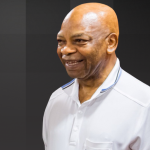
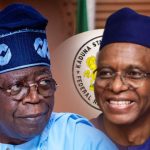
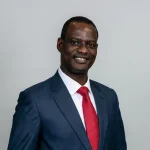

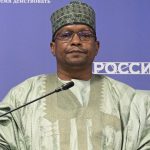

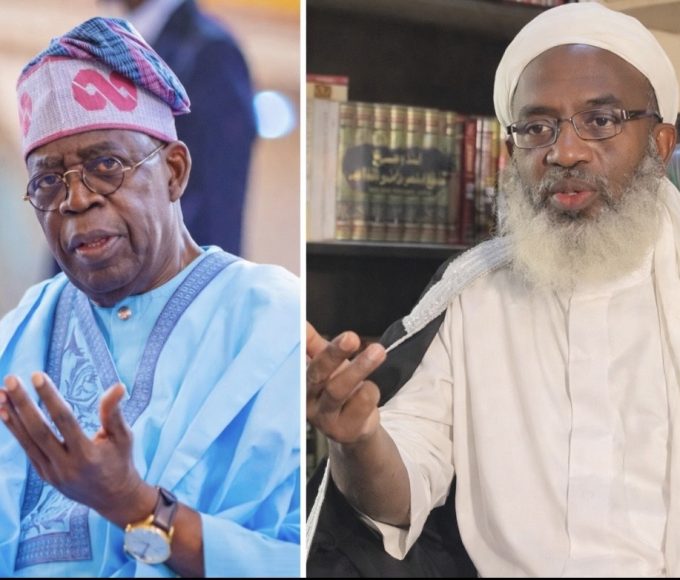


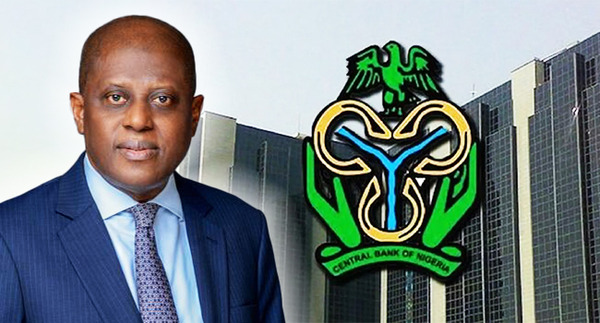
Leave a comment